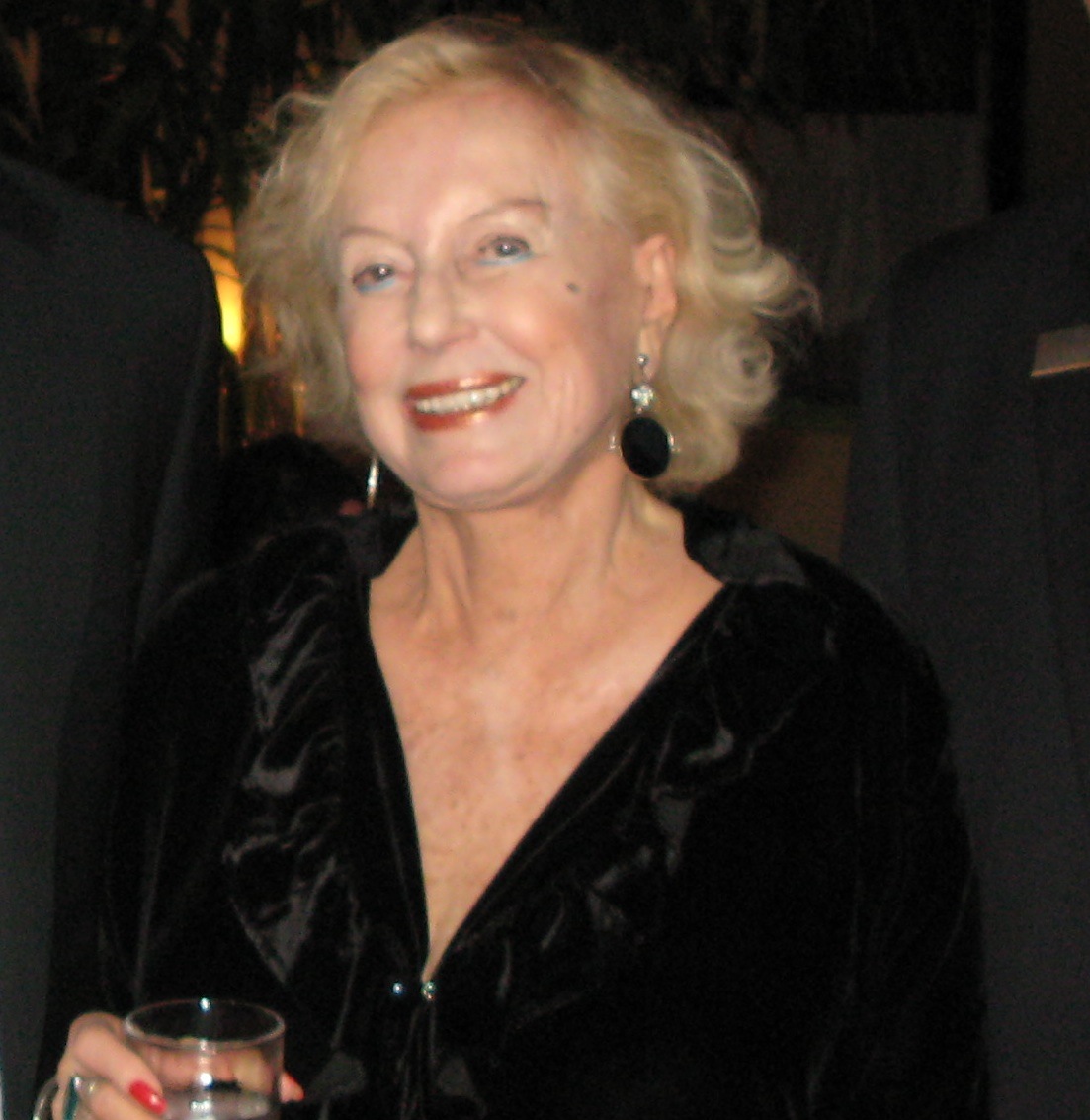Brian Rowe’s Vision for UC Engineering Students Will Take Off Thanks to $1 Million Bequest
Written by thomas · Filed Under Aeronautics NewsMay 13, 2010
The late Brian H. Rowe, chairman emeritus of the former GE Aircraft Engines (now known as GE Aviation), was a loyal supporter of the University of Cincinnati. The Rowe family foundation has just donated $1 million in fulfillment of his bequest to the College of Engineering and Applied Science.
“He really had a great faith in UC and how it was growing,” says Rowe’s daughter, Penny Dinsmore, as she presented UC with the gift. “Dad wanted to encourage women in engineering. He was very interested in educating women and in getting more women in the workforce.”
Rowe played a key role in the development of the world’s most powerful engine, which was used on the Boeing 777. But while Rowe was known around the world as a leader in aviation (working at GE from 1979 to 1993), at UC he was known as a strong supporter of engineering – especially engineering students.
“Brian Rowe was a pioneer and leader in the design, development and manufacture of commercial aviation for half a century,” says Carlo Montemagno, dean of UC’s College of Engineering and Applied Science. “Throughout his career, he made many contributions to the advancement of technology in the field of jet engines. He was very generous in working to improve opportunities for women who were interested in studying engineering. His commitment to higher education reflected his interest in providing for the education of future generations of leaders in engineering.”
In 2001, through a generous donation from Rowe, UC created the Brian Rowe Center for Women in Engineering. The Rowe Center for Women at the College of Engineering and Applied Science was established with Rowe’s personal gift of $300,000. He funded the Rowe Center for three years and then renewed his commitment with another gift. The center, which opened in January 2002, promotes undergraduate recruitment, retention and post-graduate mentoring for female engineering students.
“I know he always thought very highly of the school and always believed the engineering school here was top-notch,” says Nick Dinsmore, son of Penny and John Dinsmore. He noted that his grandfather had worked as an apprentice while going to school at night. “So he believed strongly in the co-op program and the experience it gave. He found that the strength of the co-op program here was much like the apprenticeship you would get in England and other countries.”
Nick Dinsmore, like his grandfather and his father, John, works for GE. He studied mechanical engineering at UC, in fact, to his grandfather’s delight.
“Dad encouraged Nick to become an engineer and to join the UC co-op program,” Penny Dinsmore says.
“Working at GE and going to UC has afforded me a lot of personal growth,” says Nick Dinsmore. “I think it’s phenomenal.”
Nick Dinsmore added that Rowe also felt that leadership of industrial businesses should be derived from the technical talent.
“He felt strongly that business leaders need to understand both the technical side and the business side, and that the technical way of thinking is not something you can learn working on the job,” says Dinsmore. “You’ve got to learn it in school and experience it in the job environment and again the co-op program in that regard is just phenomenal.”
“Brian was a very innovative and creative leader in aviation. He enjoyed supporting and interacting with engineering students. His support enabled engineering students to thrive and expand their international experience,” says Awatef Hamed, director of the School of Aerospace Systems. “He was a friend and strong supporter of the college.”
Rowe received an honorary doctor of science degree from UC in 1987 and was a UC Foundation Board Member, an Alumni Association Lifetime Member and a Circle of Honor Benefactor. In 2001, besides the Rowe Center for Women at the College of Engineering, he also established the Newcastle exchange program for engineering students at the University of Cincinnati. The Newcastle Exchange Program annually exchanges a UC student with an engineering student from the University of Newcastle in the United Kingdom.
The gift from Rowe’s foundation will be used to match funds set aside from a $27.5 million grant awarded by the Ohio Third Frontier program for a Center for Intelligent Propulsion and Advanced Life Management. A portion of that grant is for a chair in the School of Aerospace Systems – but it has to be matched in cash before it can be filled.
“There will be an endowed chair in his name at the college recognizing the strong association between UC and GE,” says Hamed. “We have approximately 1,000 people at GE who have gotten their master’s and PhD degrees from the UC aerospace department in a program started in 1967 by Professor Widen Tabakoff.” (In fact, Brian Rowe had been the keynote speaker at the 75th anniversary of UC’s aerospace program, when they celebrated being the second-oldest aerospace department in the country.)
“My grandfather always cared for his customer and tried to give his customer products that they appreciated, that benefited them,” says Nick Dinsmore. “Things like prognostics, diagnostics and intelligent health monitoring are all going to help bring value to the customers.”
Born in London, England on May 6, 1931, Rowe died at the age of 75 in Philadelphia on February 22, 2007, following surgery. The Dinsmore family presented the check to UC on what would have been Brian Rowe’s 79th birthday.
» Próximo Post - PRISM Selects the Sagem AGS Service (e-GDMS) to Power its Flight Data Analysis Program
« Post Aneterior - GE Aviation’s Czech Operation Is Now GE Aviation’s Business & General Aviation Turboprops
Comments
¿Tiene algo que decir?
You must be logged in to post a comment.







